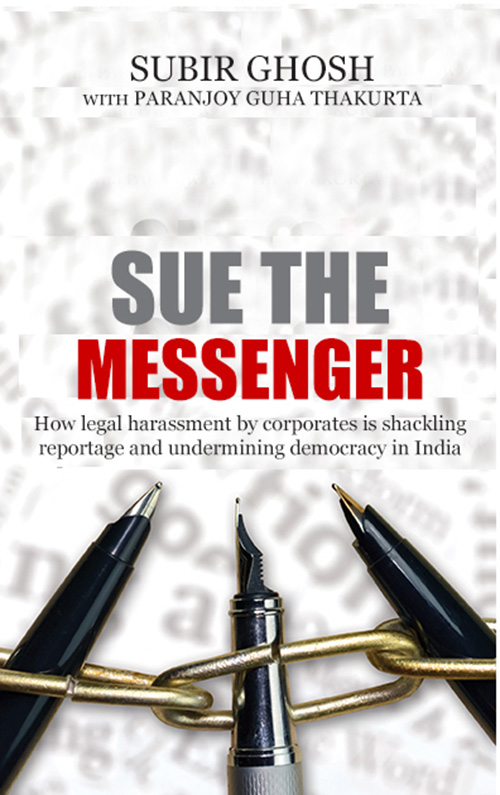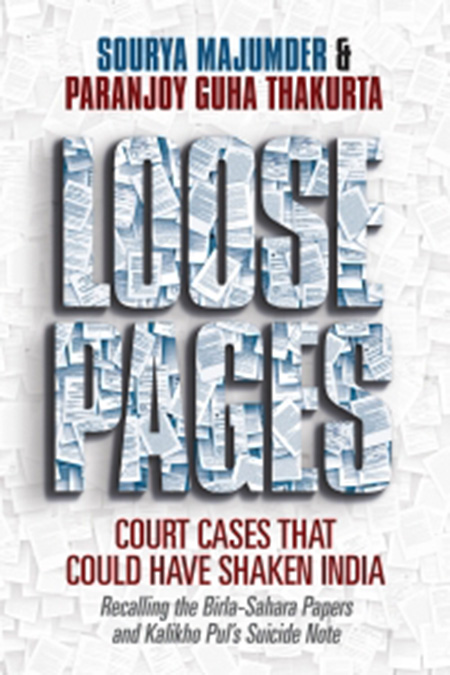Books come with certain advantages for the journalist/researcher wanting to get the big story out to readers. First, there is a propensity among people to take a book more seriously than a news item or a series of reports in dailies, websites or periodicals. Besides, books by their very nature have a shelf life. Moreover, a book on a contentious subject can be far more damaging for its subjects than news reports, which are ephemeral by nature. Public memory is short too. In other words, when a journalist brings out a publication that is critical in nature of a corporate, the book is taken more seriously, and perceived to be a far bigger threat. A damning report in a newspaper or a magazine too would meet with the same kind of threat perception.
Overlay this with the socio-political climate that has been prevailing in India since the Congress-led United Progressive Alliance government was re-elected in 2009. Plagued by a number of scams and hamstrung by unbridled inflation, the UPA’s last days were marked by political turbulence. The anti-graft agitation of the India Against Corruption movement led to the formation of the Aam Aadmi Party, but the political capital of the public discontent against corruption was reaped by the Bharatiya Janata Party which, with its partners, went on to form the government in New Delhi in May 2014. The crackdown on dissent that was practised by the UPA in fits and starts, was institutionalised by the NDA.
Sue the Messenger is a collection of stories about stories—stories that run foul of corporate entities and conglomerates, which result in SLAPPs (strategic litigation against public participation). By their very nature, SLAPPs are meant to undermine democracy. This is the concern that journalists Subir Ghosh and Paranjoy Guha Thakurta through Sue the Messenger wish to address.


